Multinationals and public sector bodies top preferences for Irish professionals
Leading multinationals and public service bodies are the most attractive employers for professionals working in Ireland, according to research published today by leading employer branding specialists, Universum, part of IrishJobs.
The Most Attractive Employers Index Ireland 2022, which was conducted among 10,400+ professionals in Ireland across Business/Economics, IT, Engineering, Natural Sciences, Humanities, Law and Medicine, reveals that top multinationals in the technology and pharmaceutical sectors, along with well-established semi-states and public sector organisations are the most desired employers for professionals across Ireland.
Most desired employers
Tech giant Google has maintained its 1st place ranking among Business/Economics professionals this year, while also coming 2nd place among IT professionals, down one place on last year, and 5th place among Engineering professionals.
Apple and Microsoft also feature in the top 10 among IT, Engineering and Business/Economics professionals, while Pfizer has come in 1st place among both Engineering and Natural Sciences professionals, the same place it held last year, followed by Intel and Glanbia in 2nd place, respectively.
Meanwhile, semi-state and public bodies have also performed strongly throughout this year’s Index, with the Civil Service and Health Service Executive featuring in the top twenty most attractive employers among all professional disciplines. New entrant An Post has also performed well, coming in 7th place among Business/Economics professionals and 9th place among IT professionals.
Companies which enjoyed the greatest rise in popularity in 2022 compared to 2021 include Laya Healthcare and Oracle, with Laya rising 45 places among those working or pursuing a career in IT and Oracle rising 48 places among those working or pursuing a career in Natural Sciences. Meanwhile, Dell Technologies enjoyed the greatest gains among Business/Economics professionals (up by 24 places), with Activision Blizzard rising by 34 places among Engineering professionals.
Employer attributes
According to the research, competitive base salary, work-life balance, and flexible work conditions are the top three attributes that professionals look for in an employer, with secure employment and a friendly work environment coming in 4th and 5th place, respectively. Attributes that are increasing in importance include high future earnings, up eight places on last year, while competitive benefits and embracing new technologies are both up by five places.
These preferences change somewhat when broken down by gender and generation, with women valuing work-life balance above all else, followed by flexible working conditions and competitive base salary.
Men give more weight to finances and security, with competitive base salary coming in 1st place, followed by encouraging work-life balance and secure employment.
Meanwhile, differences have also emerged between the generations, with Gen Z displaying the most difference in comparison to Millennials and Gen X, both of which align on their top four employer attributes: competitive base salary, work-life balance, flexible working conditions and secure employment in 1st, 2nd, 3rd and 4th place respectively. Conversely, Gen Z has cited a preference for a friendly work environment in 1st place, followed by secure employment, encouraging work-life balance and a clear path for advancement.
Pay gap
In terms of the gender gap on current annual salary, the research reveals a gap of 16% between women and men, with men on an average of €54,347 per annum and women on an average of €45,760 per annum. This pay gap is highest among IT professionals, with men on an average of €62,874 and women on an average of €50,839 – a gap of €12,035.
Remote working
As flexible working becomes more ingrained in work practices across the country, there is evidence of a growing conflict within employees when it comes to the benefits of new ways of working, with reduced fears around some of the most common concerns and increased fears around others.
Along with being more interested in remote working than they were last year, professionals also have reduced concerns around isolation and missing out on a social connection with co-workers (35% in 2022 vs 45% in 2021), being left out of important meetings (24% in 2022 vs 28% in 2021) and trying to maintain a work-life balance (23% in 2022 vs 24% in 2021).
However, not all concerns have been assuaged, with growing fears around employers having a bias for in-person employees (34% in 2022 vs 30% in 2021) as well as fears around reduced earning potential (22% in 2022 vs 20% in 2021).
Competitive talent market
Commenting on the results of the research, Steve Ward, UK and Ireland Business Director, Universum, said: “As the world of work continues to evolve and the competition to attract talent remains high, The Most Attractive Employers Index offers an important window into the type of companies and attributes that professionals across Ireland are looking for in their current or future employer.
“With many household names leading the way this year, in particular multinational and public service bodies, it’s clear that at a time of growing economic and geopolitical uncertainty, professionals are keen to work for well-established organisations that have the resilience to withstand change and volatility and offer professionals their most desired attributes including competitive salaries, a good work-life balance and flexible working conditions.
“While it is testament to Ireland’s unique position as an innovation and technology hub that so many professionals cite a preference for large multinationals, most of whom have their European headquarters here in Ireland, it is also encouraging to see much-loved and well-respected Irish organisations, including our own civil, health and postal services, rank so highly and consistently within the research. With ethical standards also ranking in the top 10 of employer attributes, it’s clear that professionals are also being driven by the desire to do good and to make a difference within our national services in a post-pandemic world.
“It’s also encouraging to see evidence of reduced fears around some of the most commonly cited concerns in relation to remote working. While this is a sign of growing confidence in the workforce in new ways of working and the work that employers are doing to make hybrid working work, it’s nevertheless clear that employers have to redouble their efforts around allaying employees’ concerns in areas around promotional bias and the potential loss of earnings if they want to keep attracting and retaining top talent into the future.
“Finally, the research shows worrying discrepancies between male and female salaries, with the pay gap starting among those just entering the workforce and ending up highest among those aged 56 and older. If, as a society, we are to start addressing the gender pay gap in a serious way, it’s crucial that employers act to ensure parity of remuneration amongst the sexes for similar roles, notwithstanding employee negotiation skills at the interview stage, and support women to progress in the same way as their male counterparts throughout their careers. With the first reports from the Gender Pay Gap Information Act due to be published later this year, it is hoped we will start to see some steady improvements in this regard.”


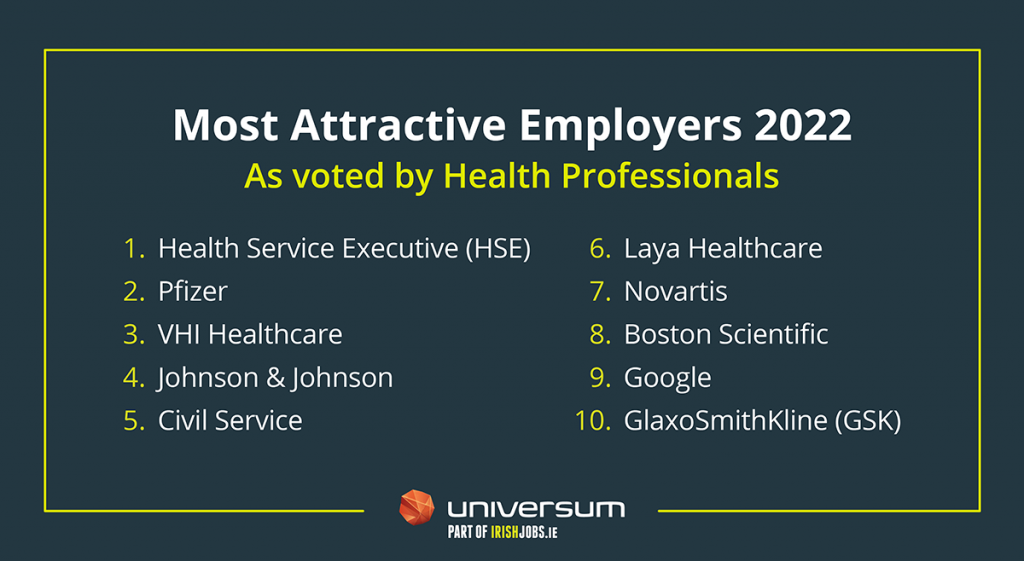
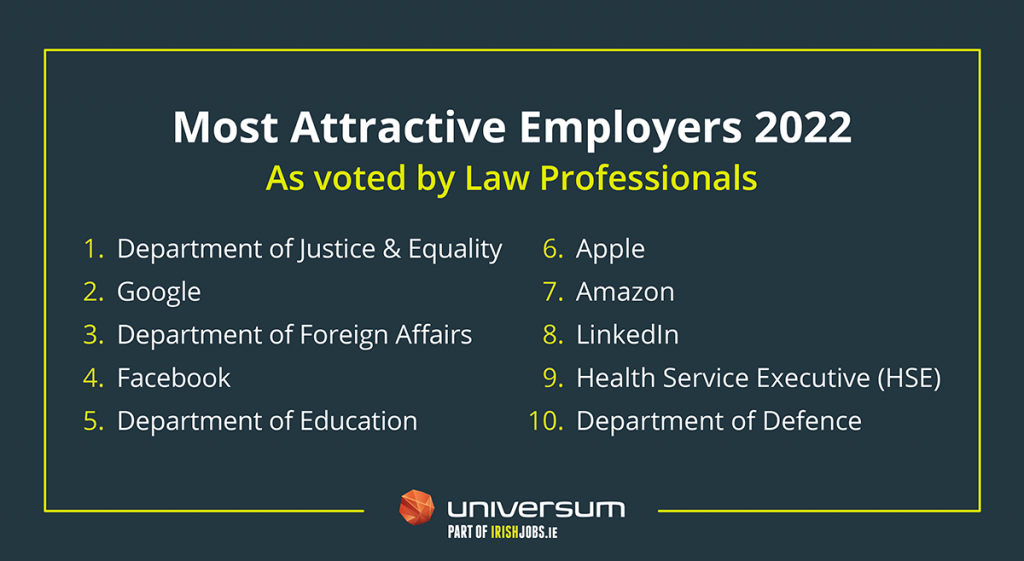
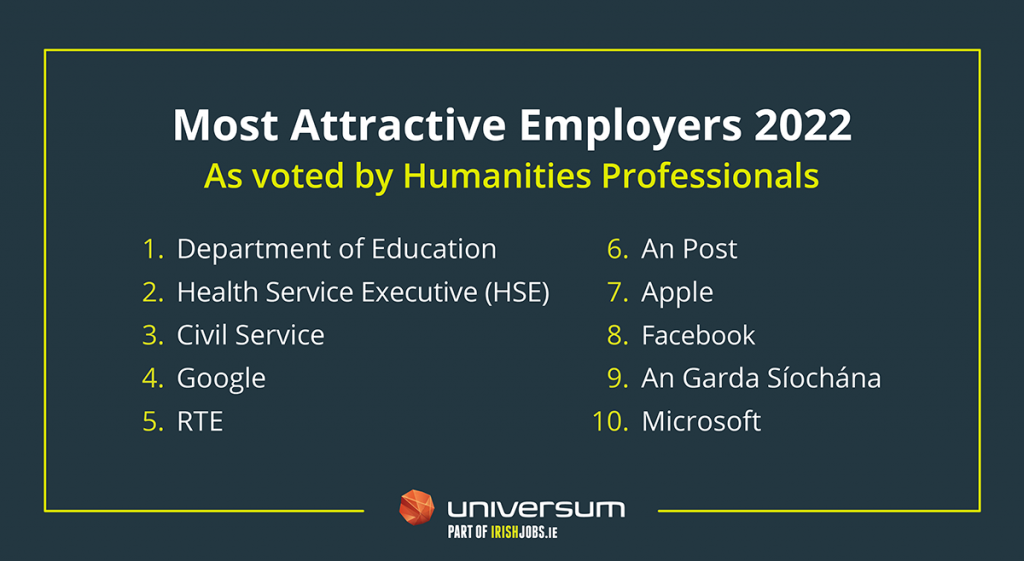
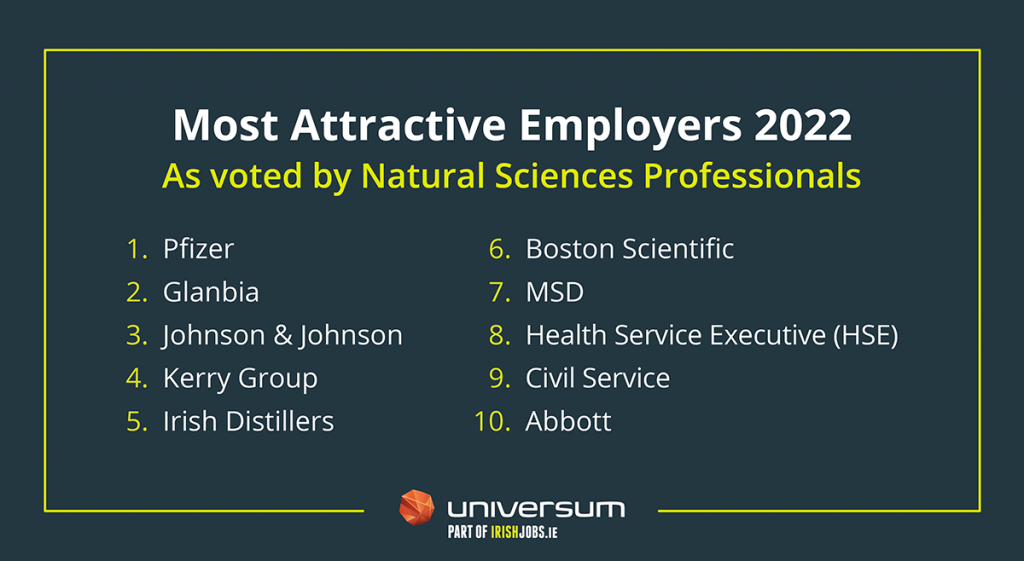
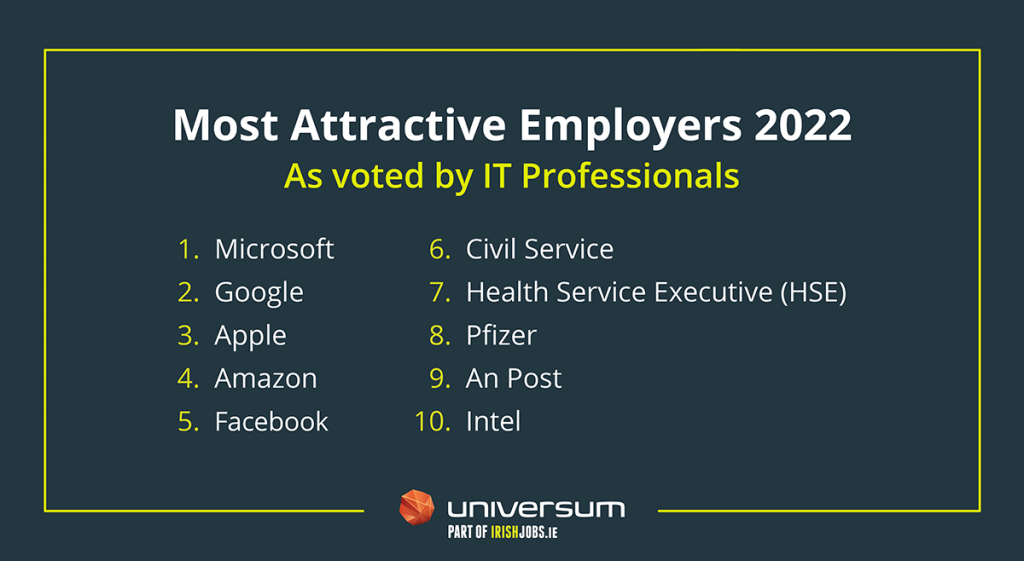
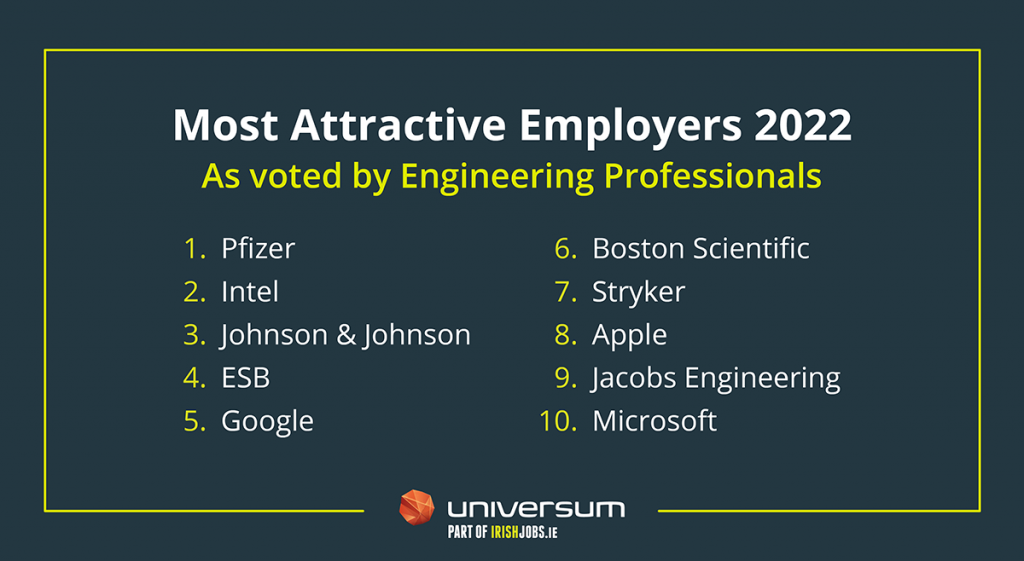
Comments are closed.